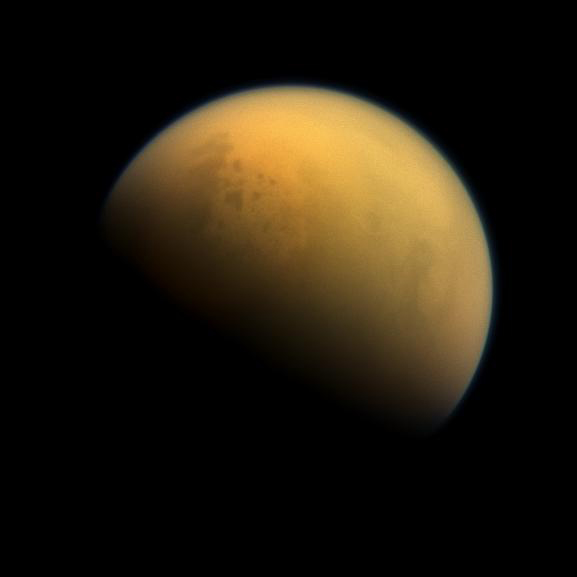Press Release
Johns Hopkins APL Scientist Ralph Lorenz wins Alvin Seiff Memorial Award
Leaders of the International Planetary Probe Workshop awarded Ralph D. Lorenz the Alvin Seiff Memorial Award for his outstanding contributions to planetary science and commitment to mentoring the next generation of solar system explorers. Lorenz, a planetary scientist at the Johns Hopkins Applied Physics Laboratory in Laurel, Maryland, received the award on April 1 and was one of two honored this year.
“It’s a very gratifying award for me, as the science and engineering of systems that operate in other planetary environments is what my career has been all about,” Lorenz said. “This is a tremendous honor.”
The award commemorates Alvin Seiff, a scientist and engineer whose significant contributions to space exploration and fierce commitment to training young planetary scientists and engineers earned him rare membership in NASA Ames’s Hall of Fame.

Credit: NASA/JPL-Caltech/Space Science Institute
Every year, the IPPW recognizes a scientist, engineer, technologist or mission planner who reflects these characteristics with the Alvin Seiff Memorial Award. It honors their contributions to understanding planetary atmospheres in the solar system — including the development of probes and landers for atmospheric flight — and dedication to mentoring young planetary atmospheric scientists.
“Ralph epitomizes the best that can be achieved by combining scientific enquiry with technological skill,” the nominators said about Lorenz. “He experiments both in the backyard, out into the desert and in large scientific and technical facilities.”
Since he began working on the Huygens probe to Saturn’s moon Titan in 1990, Lorenz has published nine books for scientific and popular audiences, such as “Planetary Landers and Entry Probes,” “Titan Unveiled” and “Space Systems Failures,” as well as hundreds of papers in scientific journals. He is presently involved with NASA’s InSight lander at Mars and the Japanese Akatsuki Venus Climate Orbiter and serves as the Mission Architect for APL’s Dragonfly mission to Titan.
“He continues to inspire the wider planetary community,” Lorenz’s nominators said.
Under normal circumstances, Lorenz would receive the award in person this June in Monterey, California, during the workshop’s annual meeting. The workshop was canceled, however, because of the COVID-19 pandemic. Lorenz is instead expected to receive the award and give an accompanying speech during the workshop’s next meeting, in Tokyo in September 2021.
